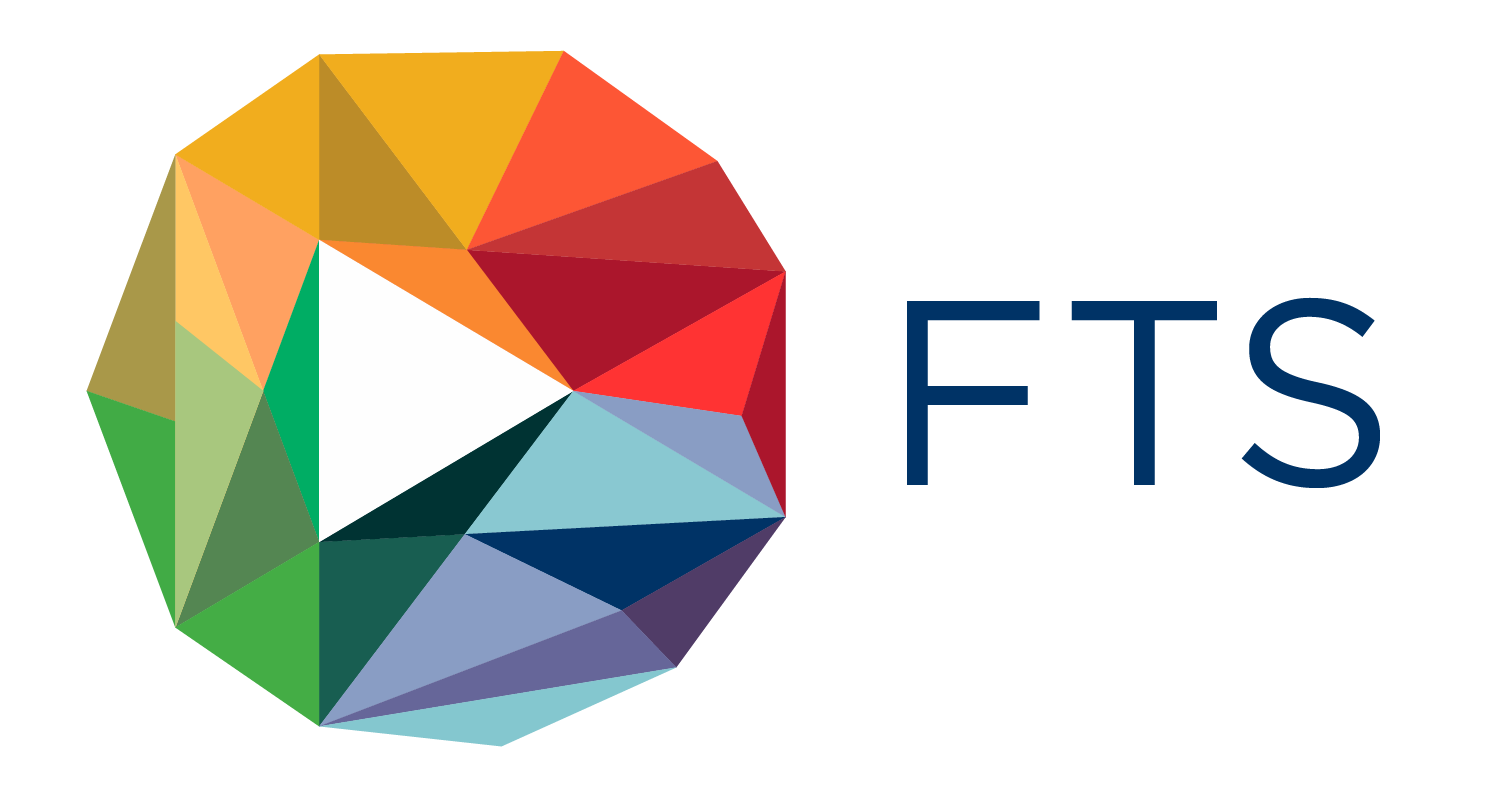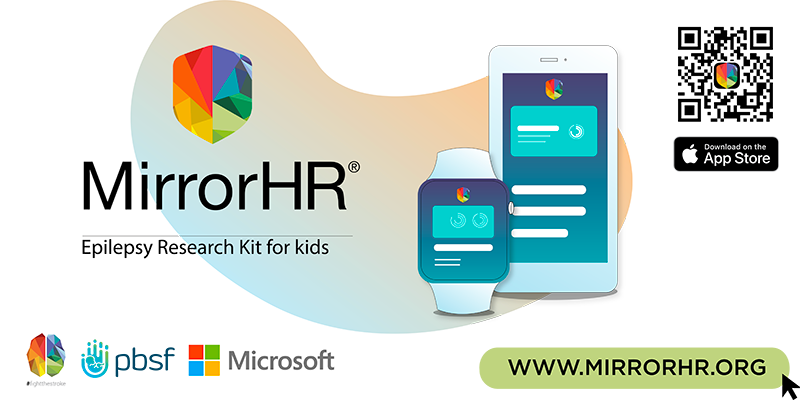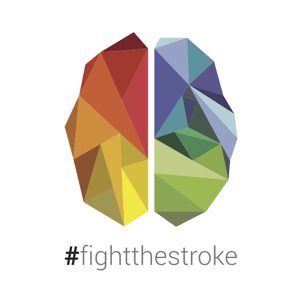MIRRORHR HELPS FAMILIES TO MANAGE EPILEPSY
JOIN THE COMMUNITY!
Any family that has a child with epilepsy, an iPhone and an Apple Watch can take part in the global development of MirrorHR.
JOIN THE COMMUNITY and DOWNLOAD (for free) MirrorHR from the Apple App Store.
Aydin is one of over 50 million people in the world living with epilepsy.
It is the fourth most common neurological disorder, characterized by unpredictable convulsions and causing other health complications, affecting people of all ages. A wide range of seizures is available and the medications for effective control vary from person to person. Public misunderstanding of epilepsy can cause emotional and health problems often worse than convulsions. Sometimes a person with epilepsy dies during or after an attack for no obvious reason. This sudden death in epilepsy (SUDEP) is rare and in some cases can be preventable. The risk of premature death in people with epilepsy is up to three times higher than in the general population. In low and middle-income countries, early death among people with epilepsy is significantly higher than in high income countries.
While seizures in epilepsy may be related to a brain injury or family tendency, the cause is often completely unknown. The word "epilepsy" does not indicate anything about the cause of the person's seizures or about its severity. Many people with epilepsy have more than one type of seizure and may also have other symptoms of neurological conditions. Sometimes EEG tests (electroencephalogram), clinical history, family history and perspectives are similar in a group of people with epilepsy. In these situations, their condition can be defined as a specific epilepsy syndrome. However, not everyone has a specific identifiable epilepsy syndrome. For example, 1 in 4 with cerebral palsy and 1 in 5 with autism have epilepsy and several other disabilities.
Although the symptoms of an attack can affect any part of the body, the electrical events that produce the symptoms occur in the brain. The location of the electrical event, how it spreads, how much of the brain is affected and how long it lasts, all these indicators have profound effects. These factors determine the characteristics of an attack and its impact on an individual's health and quality of life. Having seizures and epilepsy can affect safety, relationships, work, driving and more.
Epilepsy research is fragmented.
Epilepsy research is fragmented and hospitals and physicians are limited by the care often provided in silos and the lack of unified access needed for analysis and trending of large scale data. Each patient is unique and families are often forced to choose between conventional treatment pathways that are widely accepted but may not necessarily respond better to the patient's needs, compared to taking high risks with untested studies and ideas that might work better.
Parents and their caregivers are under constant stress, anxiety and confusion with difficult questions, such as: What if my darling has an attack while he sleeps? What if my loved one is alone and has an attack? What are the triggers that increase the risk of seizures? What happens if you forget to give/take medication? What is the impact of diet, drugs, stress, routines and the environment on seizures? What if they're not sure it's a serious sequel to the crisis or not? Today there are no clear answers to these questions.
Ultimately, this stressful situation has an impact on the life, health and well-being of all.
Family life is adapted to meet the needs of the patient, this can involve challenging life decisions such as modifying or losing employment, moving to a new place, major financial implications, depression, sleep deprivation and, in some cases, loss of primary relationships, and divorce.
Download MirrorHR- Epilepsy Research Kit for free from the Apple App Store for iPhone and Apple Watch, and participate in the research.
MirrorHR is the Microsoft Hackathon Grand Prize Winner!
“Congratulations to the grand prize winners of our hackathon! Their talent, ingenuity and passion have the potential to make an enormous impact on the lives of parents whose children suffer seizures.” - Satya Nadella, Microsoft’s CEO







